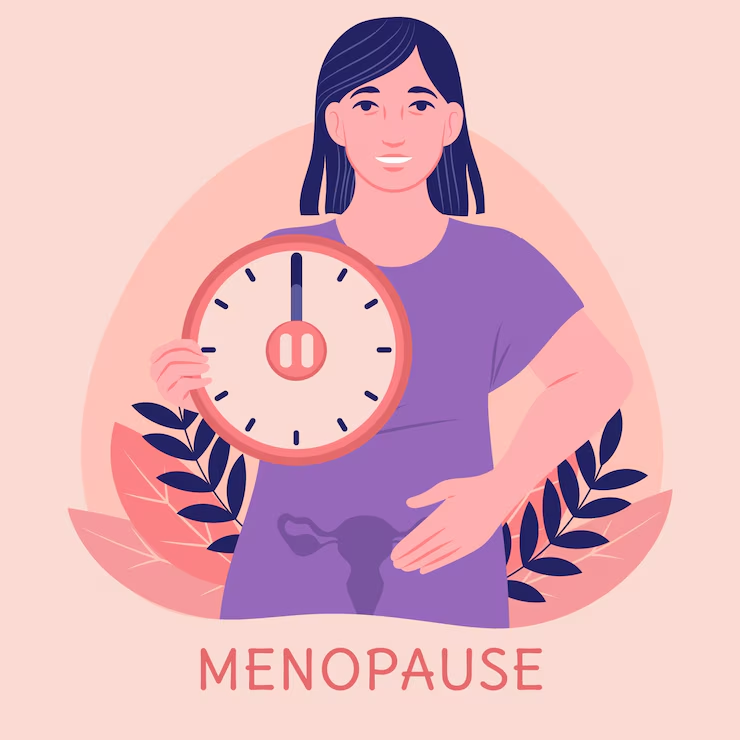Having regular periods is proof that a woman is capable of conceiving. This ability starts decreasing in women after 30, due to which pregnancy is not easy. This phase is called perimenopause. This is the beginning of menopause, that is, the complete stoppage of periods. After reaching this phase, it is not possible to have a child, so women are usually advised to do family planning till 30-35.

Although this transition starts at the age of 40-44, but in today's time, due to lifestyle habits, many women reach this phase even at 30. During this time, women have to go through many physical and mental changes, which is very important to understand and recognize. Because the perimenopause phase can last for 7-14 years. In such a situation, if you are getting married late, then do not ignore these symptoms at all.
Irregular periods
The most common symptom of perimenopause is irregular periods. During this time, there may be a change in the menstruation cycle. This change is due to hormonal imbalance. In such a situation, periods come early or late in some months.
Hot flashes
Suddenly feeling heat in the body, sweating and sometimes feeling nervous is a symptom of perimenopause. These symptoms can last from a few seconds to a few minutes and can happen at any time of the day or night.
Lack of sleep
Many women face sleep-related problems during this period. Mental stress can cause difficulty in sleeping at night. This leads to fatigue and irritability during the day.
Mood swings
Hormonal changes during perimenopause can cause mood swings. Women may suddenly feel sad, irritable or anxious.
Sexual health problems
During perimenopause, some women may experience a decrease in sexual desire or discomfort. Vaginal dryness and decreased sensitivity may occur due to a decrease in hormone levels.

Decreased memory and focus
Women may face memory problems during this period. Many women experience forgetfulness or difficulty concentrating. This symptom is usually caused by hormonal changes.
Physical changes
Physical changes also occur in the body during perimenopause, such as weight gain, loss of muscle mass and changes in body shape.
Keep these things in mind
Take a healthy diet to manage the symptoms of perimenopause. Regular exercise improves physical and mental health. Also, if the symptoms are severe, consult a doctor. They may recommend hormonal therapy or other treatments.
(Pc: Freepik)










